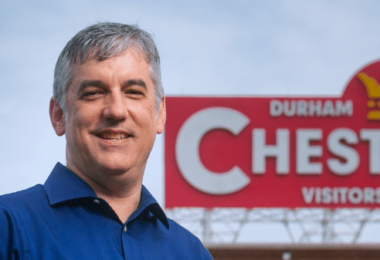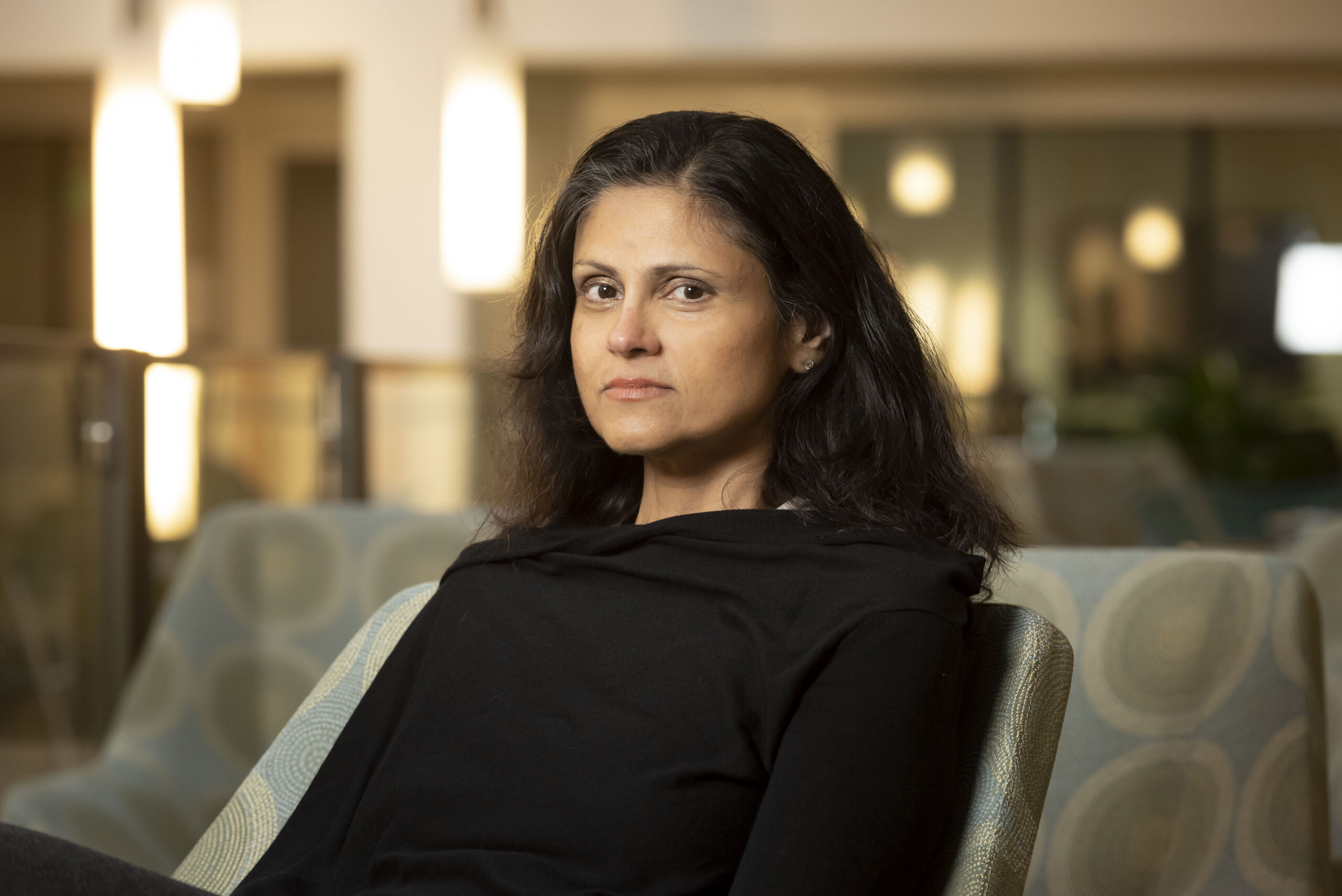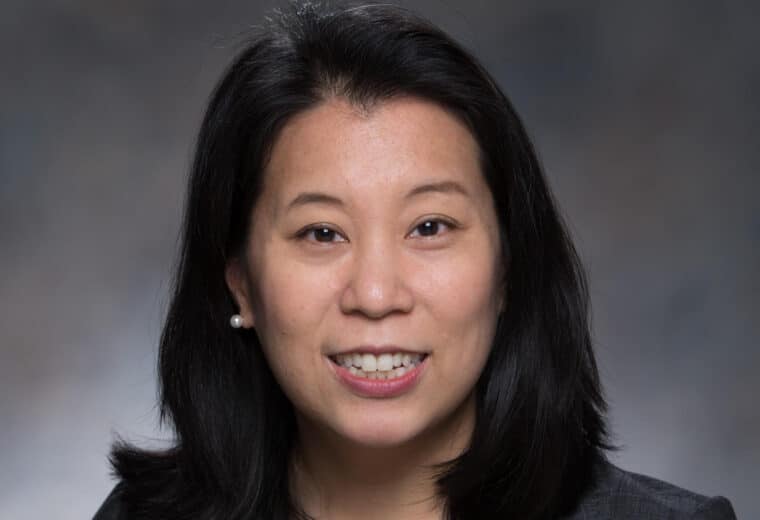
Trailblazers: Chris Monroe
A professor of electrical and computer engineering and physics and director of the Duke Quantum Center, Monroe and colleagues are leading an effort to engineer the world’s first practical quantum computer
Marc Deshusses has been working on a novel "pressure cooker on steroids" sanitation solution for over a decade

Since 2013, Marc Deshusses has been developing what he calls a “pressure cooker on steroids,” which is a novel waste treatment and resource recovery system.
Based on the concept of supercritical water oxidation—or SCWO, pronounced “squoh” to those in the business—the technology can turn any organic waste into clean water, carbon dioxide, trace salts and energy in mere seconds.
The project was one of several on Duke’s campus funded by the Bill & Melinda Gates Foundation’s “Reinvent The Toilet” program, aimed at developing a portfolio of technologies that could help bring improved sanitation to the more than four billion people worldwide whose waste ends up in the environment untreated. The technology’s development is also funded by the Department of Defense to demonstrate treatment of recalcitrant wastes such as PFAS, which are commonly called “forever chemicals.”
“The technology is there. The challenge is really in engineering a system that can do it reliably and economically,” Deshusses said. “The potential of SCWO is enormous, because you can build units that are very compact and embed them in communities, or integrate them within waste treatment facilities, or you can build large units that can treat the waste of small cities and turn any type of wet organic waste into clean water.”
In 2018, Deshusses and his colleagues launched a startup company called 374Water aimed at commercializing the technology. Soon after, the team struck a deal with the Indiana-based nationwide biosolids management company Merrell Brothers to manufacture their inaugural systems.
The first unit produced, which fit within a 40-foot shipping container and can handle about six tons of wet waste a day, was sold to Orange County Sanitation District, California. With more than 20 people working across the globe in places like France, the Netherlands and Israel, the company was listed on the Nasdaq Stock Exchange in 2022.
The company next plans to scale up their production as well as their designs to treat 30 or, eventually, even 200 tons of wet waste per day.
“More and more landfills in the US are accepting less and less organic waste, and there is a growing concern about residual compounds like PFAS remaining after traditional treatments,” Deshusses said. “These concerns and others have created interest in treatment facilities that can completely eliminate all contaminants on-site. I am excited to show all what this technology is capable of doing.”

A professor of electrical and computer engineering and physics and director of the Duke Quantum Center, Monroe and colleagues are leading an effort to engineer the world’s first practical quantum computer

Musician, entrepreneur, educator – Nimmi Ramanujam has done it all.

Heileen Hsu-Kim is a leading figure in the study of how environmental contaminants move across the landscape and impact human health